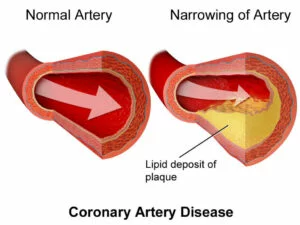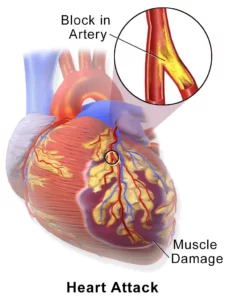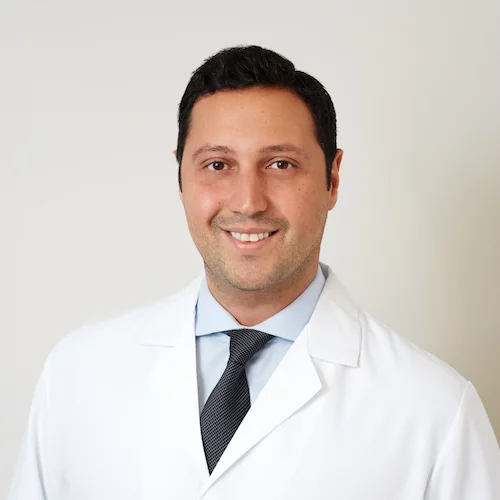Pumping Blood With Congestive Heart Failure

The National Heart, Lung, and Blood Institute defines congestive heart failure (sometimes known simply as heart failure) as a condition in which the heart cannot pump enough blood to meet the body’s needs.
This means your heart is unable to pump blood the way it should. Either your heart is not filling with enough blood or has trouble pumping blood to the rest of the body with enough force.
Although the terms “heart failure” and “congestive heart failure” are often used interchangeably, congestive heart failure typically refers to congestion in the body’s tissues. As blood flow out of the heart slows down, blood flow into the heart backs up, causing congestion. For patients experiencing heart failure in NYC, recognizing these signs early is especially important in preventing serious complications.
The Warning Signs of Heart Failure
The most common signs of heart failure include:
- Shortness of breath or trouble breathing (dyspnea)
- Fatigue or feeling lightheaded
- Swelling in the legs, ankles, and feet
These symptoms are usually caused by edema, a buildup of fluid in the body, such as in the lungs or tissues. While swelling most often occurs in the lower extremities, it can also appear in other parts of the body. You may also notice unexplained weight gain.
Other symptoms to look out for:
- Persistent coughing
- Nausea or loss of appetite
- Confusion or impaired thinking
- Increased heart rate
If you experience one or more of these symptoms, it’s critical to see a doctor immediately. If your physician diagnoses congestive heart failure (CHF), he or she may refer you to a specialist, such as the cardiologists at Manhattan Cardiology, who have experience diagnosing and treating heart failure in NYC.
The Most Common Causes of Heart Failure
Several conditions can contribute to heart failure, including:

Coronary heart disease occurs when plaque builds up in the heart’s arteries, restricting blood flow and increasing the risk of heart attacks and high blood pressure.
Lifestyle choices also play a major role. Smoking, alcohol use, recreational drugs, and diets high in fat, sodium, and cholesterol can significantly increase your risk. Lack of physical activity and being overweight further raise the likelihood of developing heart failure.
People over the age of 65 face an even higher risk due to age-related weakening of the heart combined with other medical conditions.
Heart Failure Treatment in NYC
The key to managing congestive heart failure is early detection through heart screening services. Depending on your condition, you may need lifestyle adjustments, medications, or surgery.
Medications may include:
- Nitrates
- Diuretics
- Vasodilators
- Beta blockers
- Inotropes
These medications help lower blood pressure, relax blood vessels, and reduce strain on the heart, allowing it to pump more efficiently. For example, diuretics reduce swelling caused by edema by helping the body eliminate excess sodium and water, while beta blockers lower heart rate and ease workload on the heart.
In advanced cases, procedures such as pacemakers or even heart transplants may be recommended when other treatments are not effective. Though a last resort, heart transplants can improve both longevity and quality of life in patients with end-stage heart failure.
If you are seeking expert heart failure treatment in NYC, the cardiology team at Manhattan Cardiology provides individualized care designed to meet each patient’s unique needs.
What To Do If You or a Loved One Has Heart Failure
With 5 locations in Manhattan, Manhattan Cardiology offers world-class heart and vascular care. Our board-certified doctors will perform a thorough evaluation and create a personalized plan for heart failure treatment in NYC.
Don’t let heart failure go undiagnosed or untreated. Call Manhattan Cardiology or request an appointment online today.




